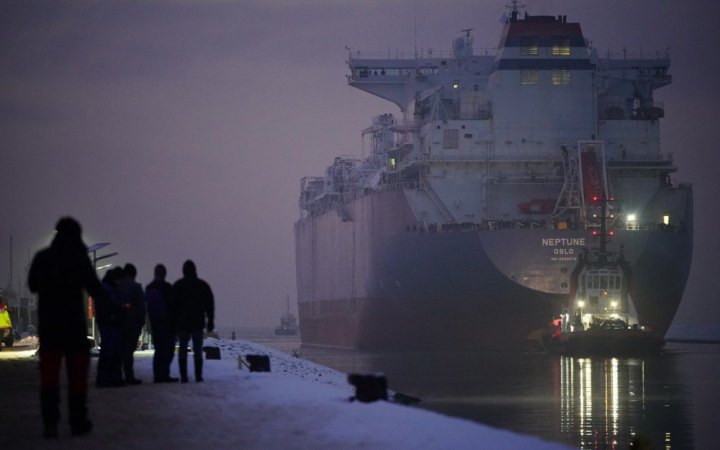Russian gas ban: countries have a choice
It is becoming increasingly difficult for the EU to adopt new sanctions against Russia. Especially energy sanctions. Consultations on the 12th package of restrictions lasted for months. Several countries, including Austria and Hungary, slowed down the process. The pause between the introduction of the packages lasted more than six months - the 11th package was adopted in June. It seems that the EU leadership has found a new way out of the situation. At least in the energy sector.
The Council of the European Union reported: "The Regulation will contain provisions allowing Member States to impose restrictions on the supply of natural gas, including liquefied natural gas, from Russia or Belarus in order to protect essential security interests of Member States or the EU, taking into account security of supply and diversification objectives."
Thus, the EU has agreed on important changes to the operation of energy markets. They propose to allow each country to independently ban the supply and purchase of Russian gas. The Ministry of Energy of Ukraine supports this step by its European partners. But they also emphasise that it is not an alternative to anti-Russian sanctions.
"Of course, I would like the entire European Union and all countries to be united by the idea that a country that destroys another country's energy sector, destroys everything in its path, deserves to be shaken hands with no one. And certainly not to buy its energy resources. However, we understand that everyone's position may be different. Therefore, we also welcome this decision," said Deputy Energy Minister Svitlana Hrynchuk.
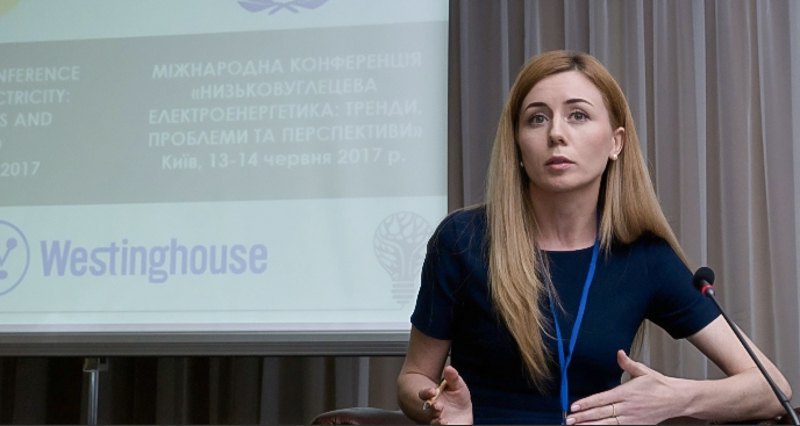
Since the beginning of Russia's full-scale invasion, the European Union has set a course to stop importing natural gas from Russia. Before the great war, the share of pipeline gas imports from Russia was more than half. Today, this figure is about 10%.
The situation with liquefied gas is more complicated. Its imports are now breaking records. An investigation by the Centre for Research on Energy and Clean Air (CREA), together with the Business4Ukraine coalition, says that the EU pays Russia about a billion euros for liquefied gas every month. In total, more than half of Russia's liquefied natural gas exports end up in EU countries.
"As we have seen with the imposition of sanctions, it is now almost impossible to find a common solution at the EU level. By allowing each country to make its own decisions, the EU can accelerate the sanctions pressure on Russia. And reduce its revenues. That is, when a particular country bans the use of its terminals, it not only prevents the sale of liquefied gas to that country, but also prohibits the transshipment of this gas. That is, there is a hit in two directions at once," says Olena Lapenko, energy security expert at the Dixi Group think tank.
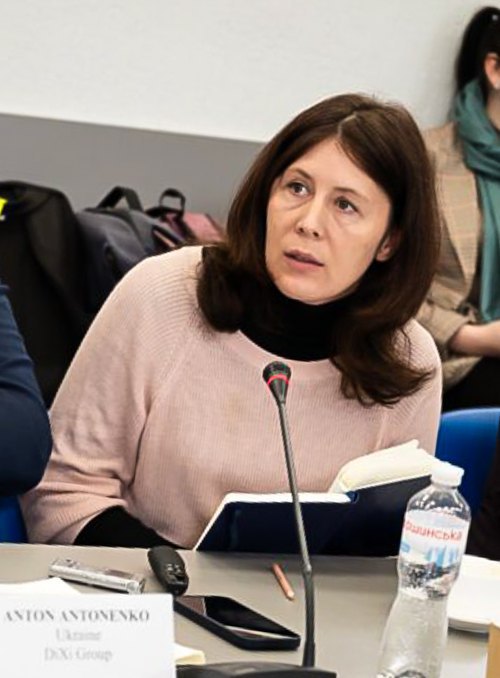
An alternative to Russian gas
Bulgaria and Serbia have completed a new gas pipeline with a capacity of 1.8 billion cu.m. It connects the Bulgarian town of Novi Iskir with the Serbian town of Nis. If the pipeline is fully operational, Serbia will be able to cover 60% of its gas consumption, meaning it will gradually abandon Russian gas. And this step is atypical. Official Belgrade does not want to impose sanctions on Russia, and Serbia, despite its desire to join the EU, works closely with Moscow.
"We have to share their pro-Russian attitude and healthy pragmatism. They understand perfectly well what sanctions are. They know that if the restrictions against Russia are really tightened to the extent that they were against the former Yugoslavia, it means that Russia will be isolated. And cooperation with it will be impossible. That's why Serbia is trying to somehow prepare backup options," says Natalya Ishchenko, head of the Balkan Observer project.
Serbia will have access to fuel from Azerbaijan. And also to liquefied natural gas terminals in Greece. Bulgaria will be able to receive fuel from the western Balkans, where it is supplied by sea. Construction of the pipeline began in February. The European Union helped with the money. 50mn euros were provided in grants and another 25mn in loans. However, the pipeline is not yet fully operational.
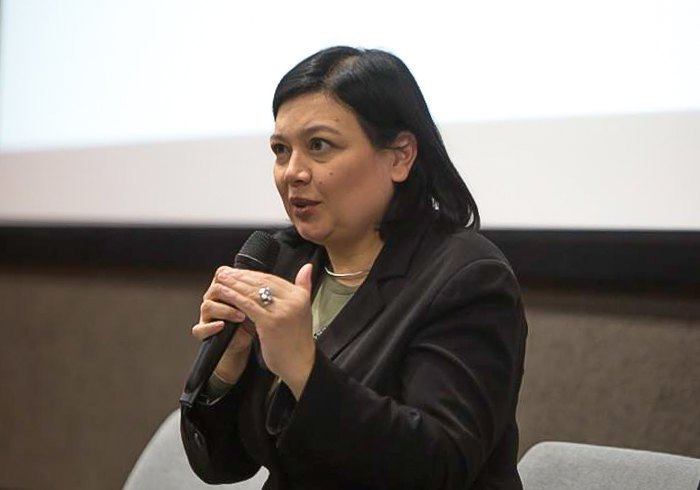
"The wording during the opening of the gas pipeline was interesting. The European ambassador spoke about reducing Serbia's dependence on Russian gas and the country's European choice in general. The Serbian energy minister was very careful to talk about additional gas to Russian gas. Feel the difference. And the President of Serbia refused to speak at all, citing the fact that it was an election campaign and he had no right to make any statements. Even though he is travelling all over the country and is constantly on the screens," Natalya Ishchenko said.
Bulgaria has already got rid of its gas dependence on Russia. In April last year, the Kremlin cut off fuel exports to this country. Then Moscow tried to force European countries to pay for the resource in rubles. Bulgaria started looking for an alternative. Among other things, the country signed a 13-year agreement with Turkey.
However, Bulgaria is still a transit country for Russian gas. In the autumn, it decided to introduce a new tax on the transportation of the resource - $111 per 1,000 cu.m. This provoked outrage and pressure from Hungary and Austria, which are the countries that buy gas from Russia. Ultimately, Bulgaria abandoned the idea of an additional fee: the country is seeking to become part of the Schengen zone and therefore does not want to quarrel with its members. Austria, for example, is not trying to abandon Russian gas: in October, Russia's share of Austrian gas imports was 90%.
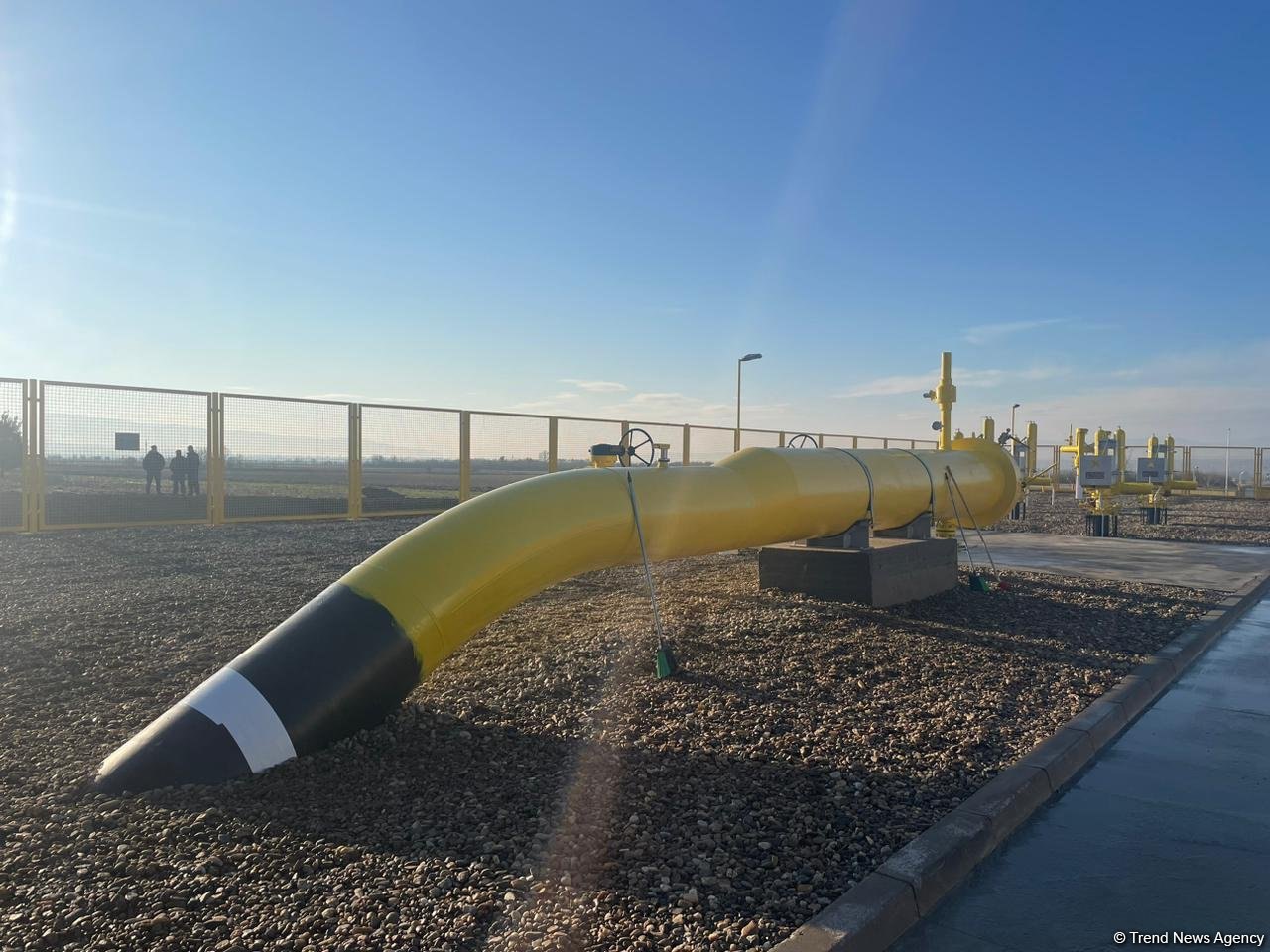
But Bulgaria buys oil from Russia. More precisely, it supplies fuel to a refinery on its territory. By the way, the company is owned by Russians. Eventually, the Bulgarian government decided to stop oil imports from 1 March next year.
In general, the EU imposed oil sanctions against Russia last year. The sanctions concerned fuel supplied by sea. Pipeline supplies were not restricted.
Kazakh oil in the EU: there are some questions
In December, Germany will purchase 150,000 tonnes of oil from Kazakhstan. The country began negotiating the supply last year. The official Berlin motivated this by the desire to abandon the resource from Russia. However, oil from Kazakhstan flows to Europe through a Russian pipeline. It is supplied through the Druzhba pipeline.
"Quota transit for Kazahoil is a certain payment for loyalty and assistance to Moscow from Astana in circumventing sanctions. But there are nuances here. Transneft drives the Kazakhs where it needs and benefits. They have no choice, as they do not diversify their routes, and everything they had was tied to Russia," said Mikhaylo Honchar, an expert on international energy and security relations.
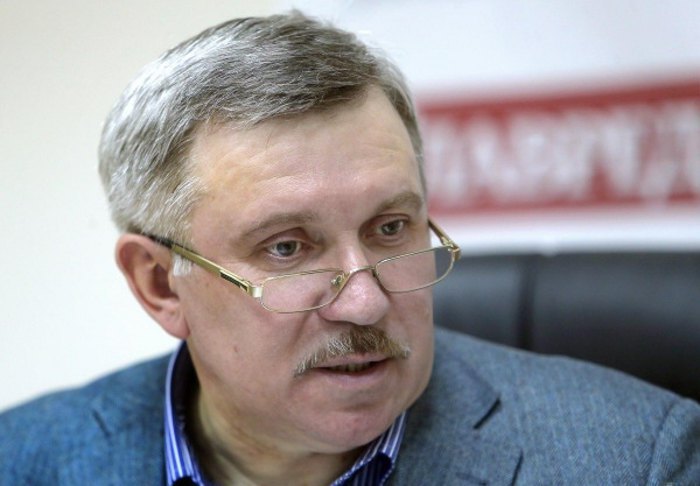
Overall, Kazakhstan plans to export 1.2 million tonnes of fuel through the Druzhba pipeline next year. Another important supply route for Kazakh oil also runs through Russia.
"An exception was made for Kazakhstan in the sanctions. They also use the Caspian pipeline very actively. And there is indeed a risk that part of that resource will be Russian. The decision to make an exception was made to motivate Kazakhstan to somehow politically support the sanctions against Russia," said Lapenko.
Oil sales remain a key source of revenue for the Russian budget - on average, Russia receives $15 billion a month. The Kremlin has adapted to the sanctions and skilfully circumvented them: even the price cap of $60 per barrel. Russia has managed to create a shadow fleet that transports oil. And the Western world is now thinking about how to deal with it.
The implementation of sanctions must be monitored
The UK has set up a special government institution to ensure that economic restrictions work. The Office for Trade Sanctions Enforcement will have the authority to inspect the activities of companies that may trade with sanctioned countries. The United Kingdom has made no secret of the fact that Russia will be particularly closely monitored.
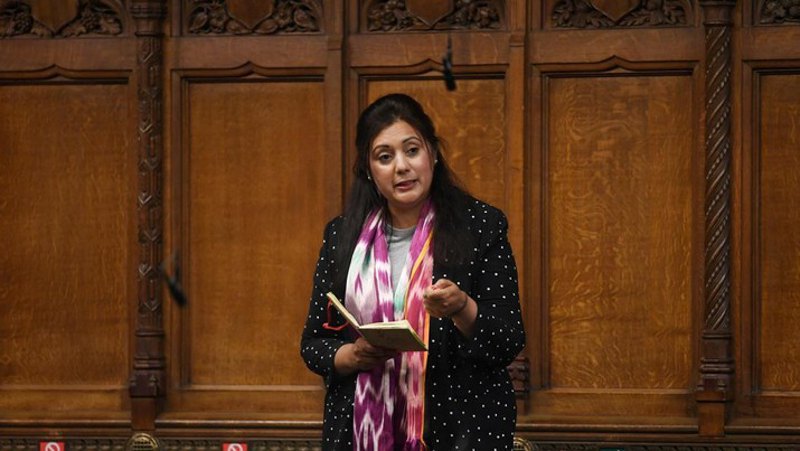
"We will leave no stone unturned in our efforts to stop Putin's war machine. This means putting pressure on those who evade sanctions and depriving Russia of the technology and revenue it needs to continue its illegal invasion," said Nusrat Ghani, Minister of Industry and Economic Security.
The UK government estimates that Russia has lost more than $400 billion due to sanctions.
"The world has realised that the sanctions infrastructure does not meet the challenges of the times. But never before has the world applied such a large volume of sanctions to such a large state. We understand that it is important to apply sanctions, but it is equally important to ensure their implementation. The schemes for circumventing sanctions for oil are significant. The mechanism is the creation of a shadow fleet. I am sure that the UK will pay attention to Russian oil," said Agiya Zagrebelska, Head of Sanctions Policy at the NACP.
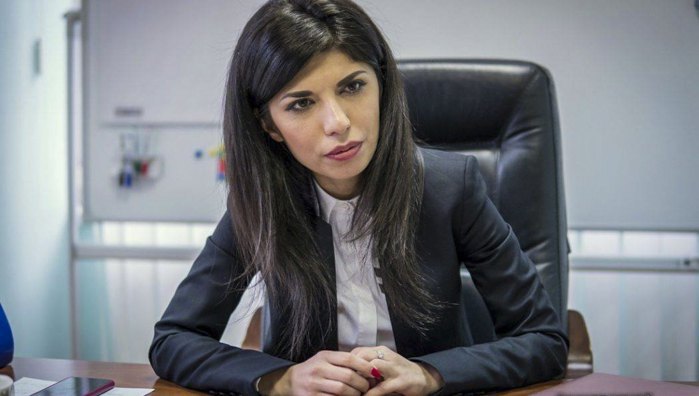
The Czech Republic and Germany have created government agencies to prevent Russia from circumventing international restrictions. Ukraine, however, has not resolved this issue. We do not have a single centre to coordinate sanctions policy.









